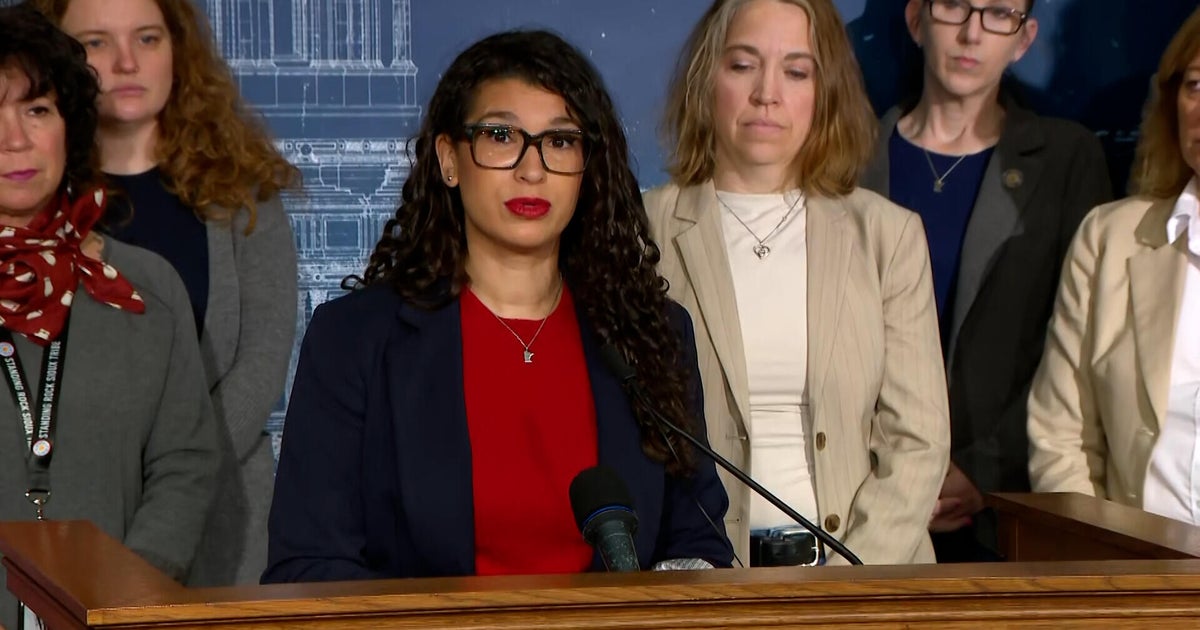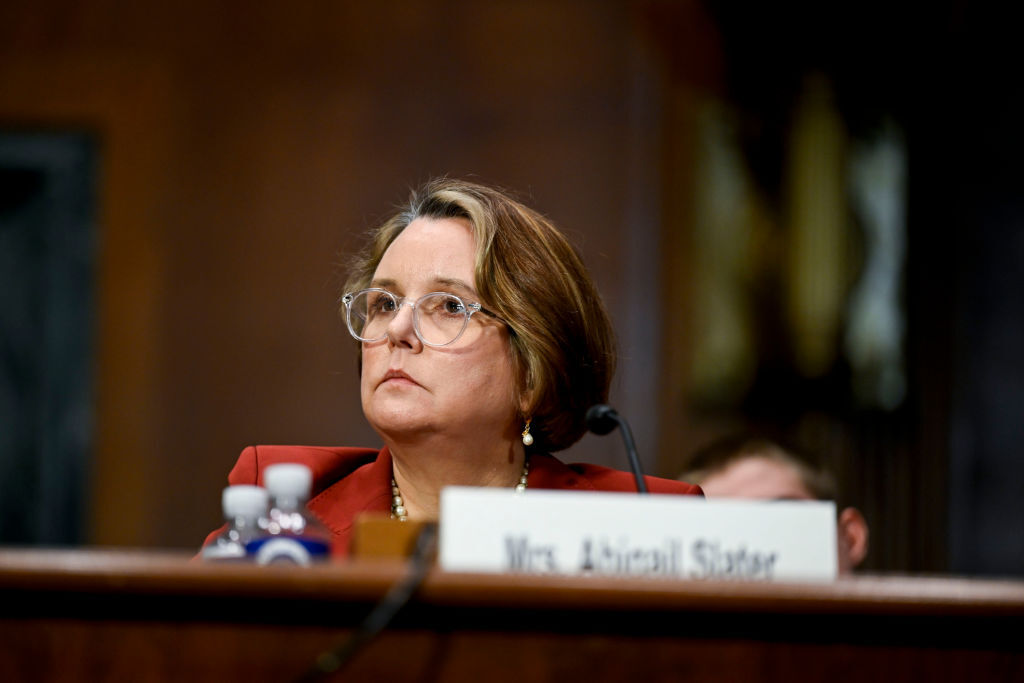Condoleezza Rice: "I'm relieved" that U.S. walked away from talks with Taliban
Former Secretary of State Condoleezza Rice says she's "relieved" that the U.S. walked away from talks with the Taliban to withdraw troops from Afghanistan. President Trump announced the abrupt end of negotiations after a plan to meet with representatives of the Taliban and Afghan President Ashraf Ghani at Camp David this week fell through over the weekend.
"I'm relieved that we walked away from these talks," Rice said in an interview on "CBS This Morning" on Tuesday. Rice, who served in the George W. Bush administration, has co-written a new book with Philip Zelikow called "To Build a Better World: Choices to End the Cold War and Create a Global Commonwealth."
Rice said that there were some "bad tell-tale signs" that the Taliban was not willing to negotiate seriously with the U.S., including the Taliban's unwillingness to recognize the Afghan government, as well as the uncertainty as to whether the organization would support the Afghan constitution.
Rice also said that she would have "chosen a different venue" other than Camp David to meet with Taliban leaders, given that this week is the 18th anniversary of the terrorist attacks on September 11, 2001.
She also defended the nearly two-decade conflict in Afghanistan, noting that American troops remained in West Germany for 45 years before the unification of East and West Germany, and American troops are still in South Korea to maintain peace in that region.
"Americans are tired of some of the responsibilities, but frankly there's no one but the United States" to maintain stability in Afghanistan, Rice said. A recent poll by Pew Research Center found that a majority of Americans do not believe that the conflicts in Iraq and Afghanistan were worth the costs.
"Remember the patience that helped us to create stability in Europe, that helped us to create stability in Asia," Rice said.
She also said she was concerned about the U.S. losing "our confidence as a country."
"I'm also worried that we're tearing ourselves apart," Rice said, referring to a return of what she called the "four horsemen of the apocalypse" in American foreign policy: populism, nativism, isolationism and protectionism. The comment may have been a veiled jab at Mr. Trump, who has instituted protectionist trade measures and sought to promote a foreign policy of "America first."
Rice would not say whether she would support Mr. Trump in the 2020 election.
"When I'm ready to talk about American politics, I'll come talk to you about American politics," Rice said.



